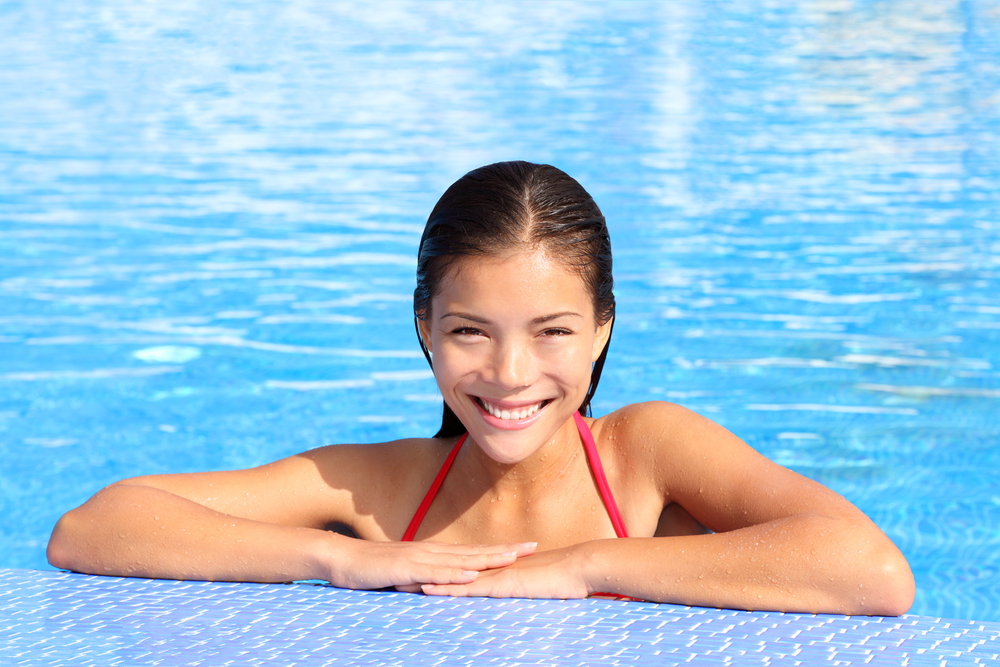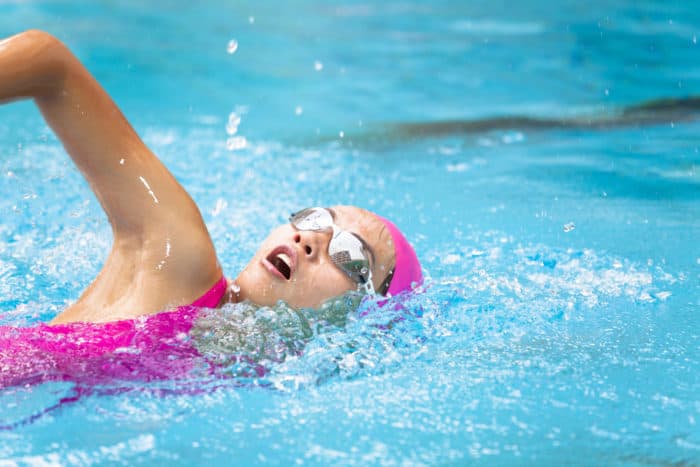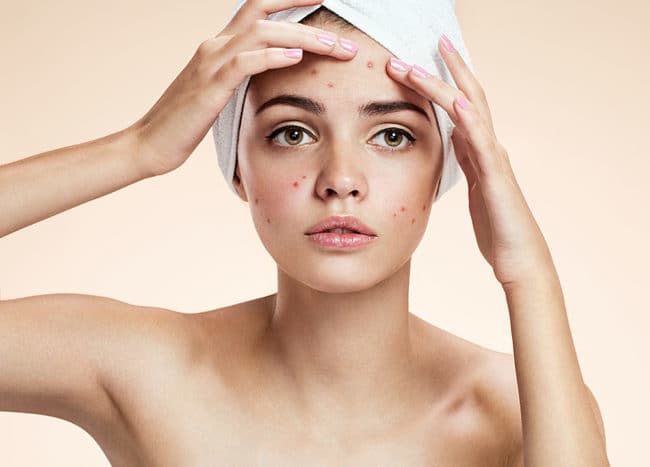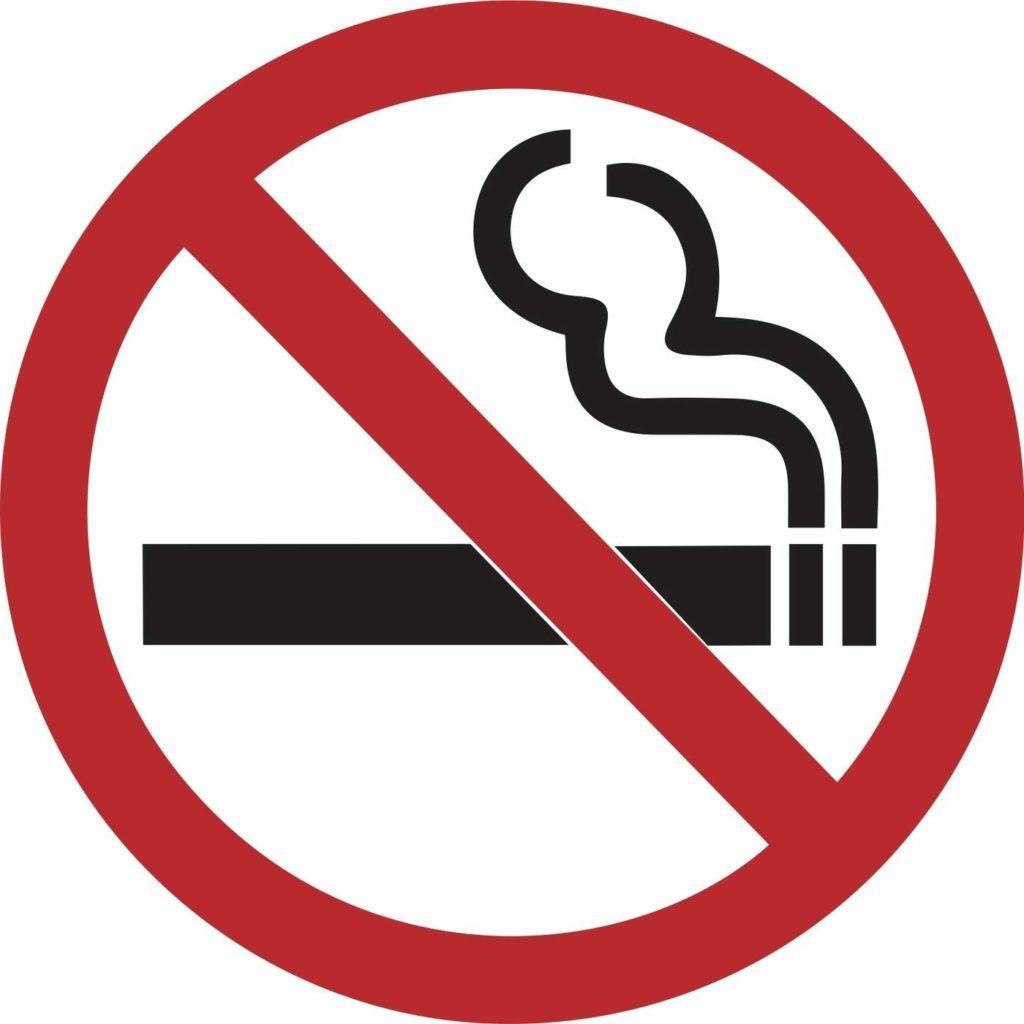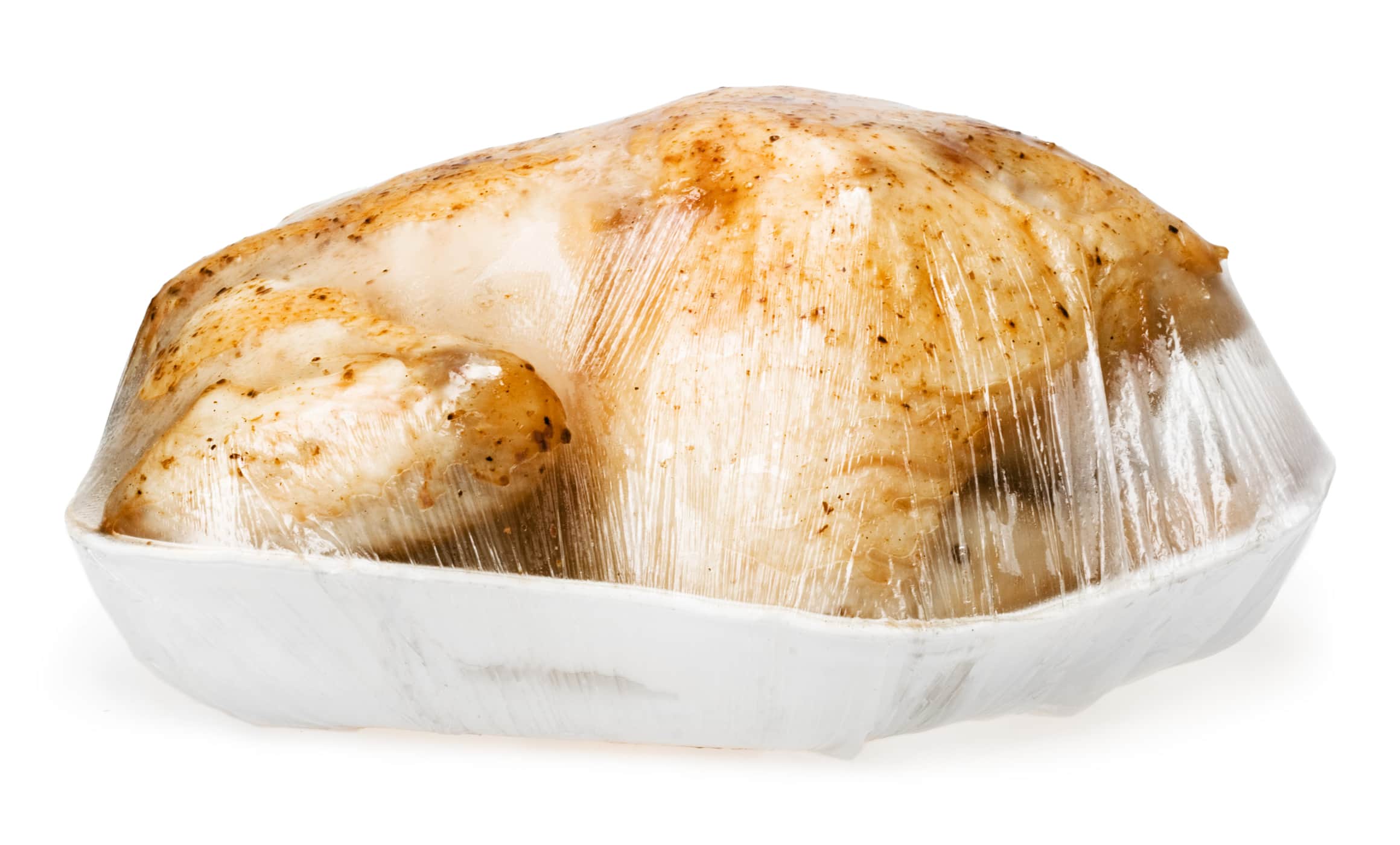Contents:
- Medical Video: Chlorine and Acne
- He said, pool water can make acne worse?
- Chlorine can make your face dry
- So, is it okay to swim when it's spotty?
Medical Video: Chlorine and Acne
No doubt, there are many benefits that you get from this one sport. Swimming not only helps you lose weight, but also makes your body more relaxed. However, what if you want to swim when pimples appear? Is it true, swimming when spotty only worsens the face condition?
He said, pool water can make acne worse?
Having a facial pimple seems to make most people worry a lot about something. From being afraid of being exposed to dust, being afraid to eat nuts and dairy products, to being afraid to swim because the water is dirty. All these fears are basically one, fear of acne getting worse. However, is it not permissible to swim while and make this skin problem worse?
Swimming pools are very vulnerable to dirty and polluted. How not, urine, sweat, saliva, and various care products used by swimmers can pollute pond water. For this reason, pool water is usually purified using a substance called chlorine (chlorine). Chlorine helps kill harmful microorganisms in pond water.
Well, because usually people with acne with skin that is quite sensitive to chemicals, actually have problems with chlorine. People with pimpled skin have concerns if the chemical content in the pool, chlorine, can make their acne worse.
Chlorine can make your face dry
A study published in The Journal of Dermatology found evidence that chlorinated water can indeed make the skin very dry. Because, chlorine can reduce the ability of the skin to be able to maintain moisture. In addition, research also shows that people who suffer from atopic dermatitis are more sensitive to chlorine.
This also shows that people who have facial acne will also be very susceptible to excessive dryness on their skin. The reason is, chlorine can indeed erode the skin's natural oils, especially if exposed in a long time.
When the skin dries, the oil glands will release more sebum on the face. The goal is that lost oil can be replaced. In the end, this excess oil will make the face become easy to break out after swimming.
In addition, swimming can also cause acne due to damage to the skin barrier which causes dry skin cells to accumulate and clog pores. Excessive sun exposure can also aggravate acne and make it more painful. Not only that, the use of sunscreen used before, during, and after swimming can also clog your pores.
So, is it okay to swim when it's spotty?
Of course, you can swim when it's spotty. Swimming is a sport that has proven beneficial, especially if you are among those who cannot do a variety of strenuous exercise.
It's just that, to prevent more severe zits that need to be done after swimming is to clean the face with clean water and soap. This is done so that the sticky dirt can be lost and released. Also, because chlorine makes your face dry, you need to use moisturizer.
Moisturizers are very important so that the skin does not produce too much oil. In this way the skin's moisture is maintained without excessive oil production.
After that, use the acne cream that is being used again after you have finished swimming. Don't forget to use sunscreen to protect the skin from sun exposure.
Use sunscreens that are made specifically for sensitive and non-comedogenic skin so as not to clog the pores. That way, people who are spotty may swim as long as doing these various treatments afterwards.

